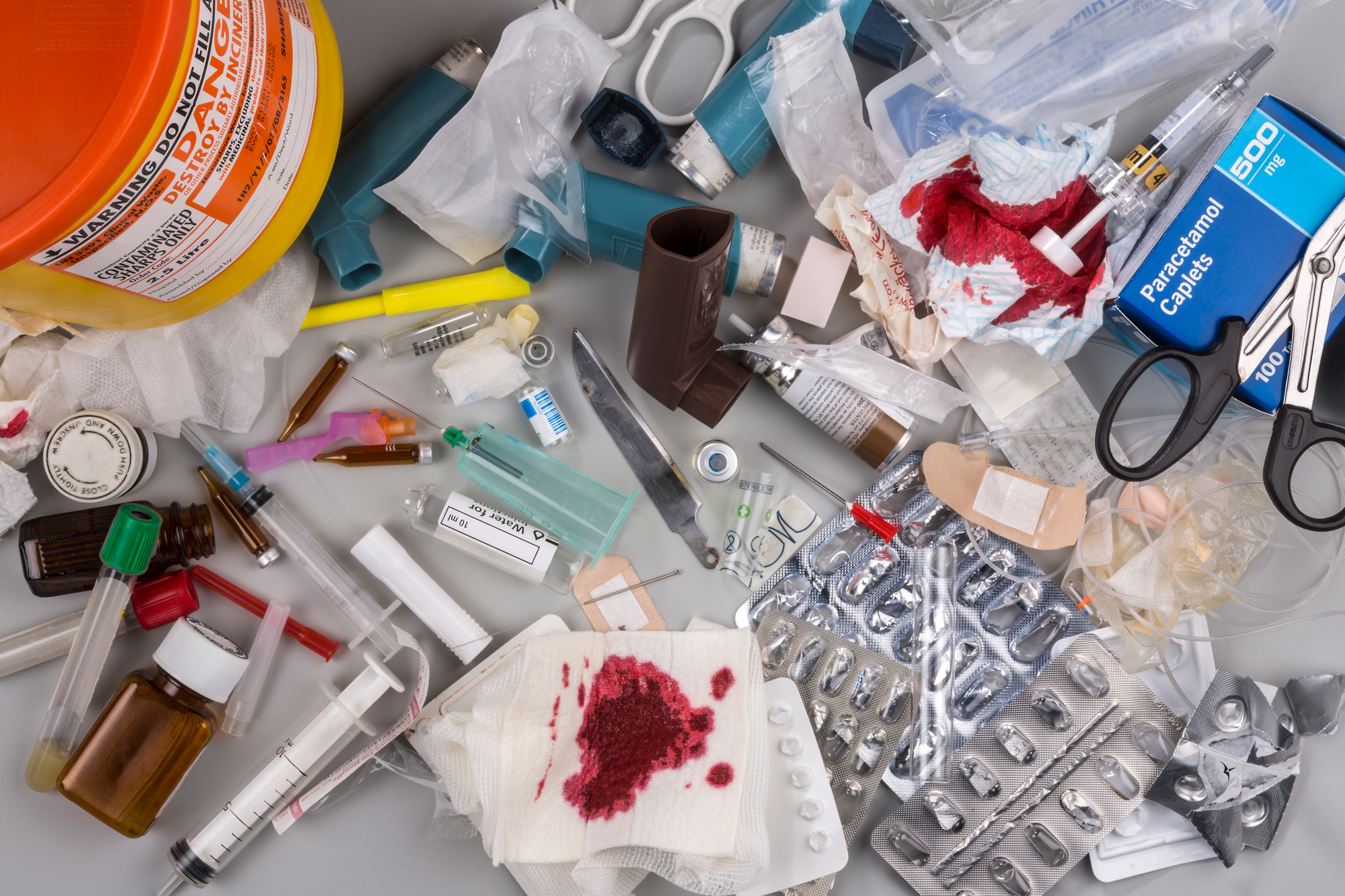How Can Biomedical Waste Affect Your Health If Not Removed?
Biomedical waste, which includes discarded biological and medical materials such as syringes, bandages, and laboratory specimens, poses significant health risks if not properly managed and removed. Biowaste Services, Inc. provides biomedical waste removal in Orlando, Kissimmee, FL, Winter Garden FL, Alafaya FL, St. Cloud FL, Pine Hills FL and surrounding regions.

The dangers associated with biomedical waste arise from its potential to harbor infectious agents, toxic chemicals, and sharp objects, all of which can lead to various health issues.
- Infectious Diseases: One of the primary risks of unmanaged biomedical waste is the spread of infectious diseases. This waste can contain pathogens such as bacteria, viruses, fungi, and parasites from infected tissues, fluids, or used medical instruments. If not handled correctly, these pathogens can contaminate water sources, soil, and air, leading to outbreaks of diseases such as hepatitis, HIV, and tuberculosis among healthcare workers, waste handlers, and the general public.
- Chemical Exposure: Biomedical waste often includes hazardous chemicals used in medical procedures and laboratory research. These chemicals can be toxic, corrosive, or even carcinogenic. Improper disposal can lead to chemical spills, leaks, or volatilization, posing serious health risks through inhalation, ingestion, or skin contact. Chronic exposure to these substances can result in respiratory problems, skin irritation, organ damage, and long-term health conditions such as cancer.
- Sharps Injuries: Discarded needles, scalpels, and other sharp objects present a significant risk of injury and infection. Accidental punctures or cuts can transmit bloodborne pathogens, leading to infections and diseases. Healthcare workers and waste handlers are particularly vulnerable to these injuries, which can have immediate and severe health implications.
- Environmental Contamination: Biomedical waste can lead to environmental contamination, affecting ecosystems and human health indirectly. Contaminated soil and water can harm wildlife, disrupt food chains, and eventually impact human populations through the consumption of contaminated food and water. Long-term environmental degradation can result in chronic health issues for communities living near improperly managed waste disposal sites.
- Antibiotic Resistance: The improper disposal of antibiotics and antibiotic-laden waste can contribute to the development of antibiotic-resistant bacteria. This poses a significant public health threat as infections caused by these resistant strains are more difficult to treat and control, leading to higher morbidity and mortality rates.
In conclusion, the improper management of biomedical waste presents a multitude of health hazards, ranging from immediate injuries and infections to long-term environmental and public health crises. Effective waste management practices are essential to mitigate these risks and protect both human health and the environment.
Should you have any questions, feel free to give us a call.
